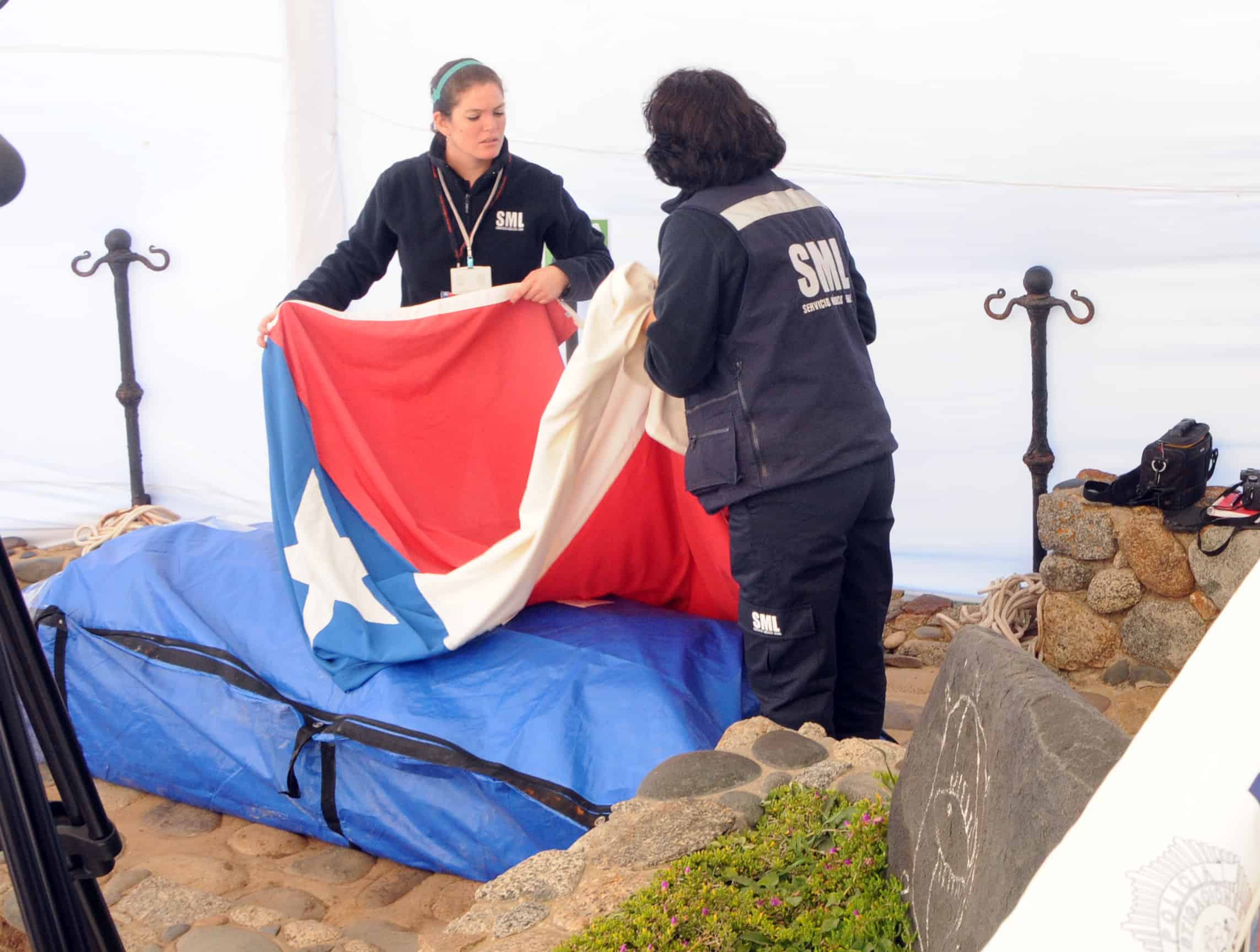An international team of 13 experts will attempt to determine the origin of a massive Staphylococcus aureus infection in the Nobel laureate’s remains, which was identified in May by forensic scientists at the Universidad de Murcia in Spain.
Doubts have surrounded the cause of Neruda‘s 1973 death since his former driver claimed the poet was given a mysterious injection in his chest at the Santiago clinic where he was being treated for prostate cancer.
Neruda, who had been planning to leave for Mexico to lead the opposition to Pinochet’s regime, died hours after the injection. He was 69.
The cause of death was given as advanced prostate cancer, but in 2013 officials exhumed his body after a request from the Chilean Communist Party, of which Neruda was a member.
Chile’s forensic medicine service ruled that “no relevant chemical agents” could be linked to his death.
But the Spanish study has rekindled his family’s suspicions.
Chilean officials said a group of Chilean, Spanish, American, Canadian and Danish experts would now analyze the bacteria’s DNA.
“The main objective of the investigation is to determine whether he died of natural causes or because of outside intervention,” said Rodrigo Lledo, head of the Chilean interior ministry’s human rights program.
He told a press conference that the strain of bacteria found in Neruda‘s remains does not occur naturally and may have been “grown in a laboratory.”
Neruda, who won the 1971 Nobel Prize in literature, died on September 23, 1973, 12 days after Pinochet ousted socialist president Salvador Allende in a coup, installing a brutal regime that killed some 3,200 opponents over 17 years.
Recommended: What Augusto Pinochet’s 1998 arrest has meant for global human rights

